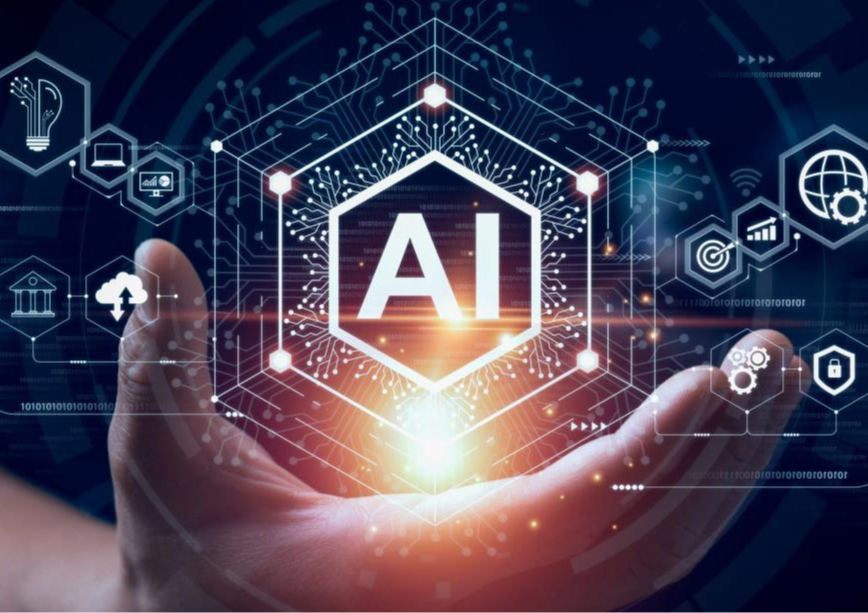The Role of AI in Virtual Reality
The Role of AI in Virtual Reality
Blog Article
Artificial Intelligence (AI) is revolutionizing industries worldwide, and knowledge systems are no exception. With the ability to analyze data, modify understanding, and automate administrative tasks, AI is transforming conventional techniques to training and learning. Here is a closer search at how Artificial intelligence (umělá inteligence) can improve training techniques and increase outcomes for students, educators, and institutions.
Personalizing the Understanding Knowledge
One of the very significant benefits AI brings to education is personalized learning. Using smart formulas, AI may analyze a student's efficiency, learning pace, and regions of battle, then tailor resources and guidelines for their individual needs. For example:

Adaptive Understanding Platforms use AI to provide custom material for every single student, ensuring they progress at their particular pace. Studies show that students using versatile learning methods often obtain greater outcomes compared to old-fashioned methods.
AI Tutors may aid pupils with certain issues, providing comprehensive details and exercise questions in areas they find difficult. This method gives extra support without overburdening educators.
That level of personalization seeks to shut learning breaks, ensuring no scholar is remaining behind.
Streamlining Administrative Jobs
Artificial intelligence also minimizes the burden of administrative jobs on teachers and school staff. Automating repetitive actions allows educators to focus more on their main role—teaching.
Grading Automation powered by AI decreases enough time allocated to assessing standardized tests, quizzes, and assignments. For example, AI resources can evaluate multiple-choice responses and even provide feedback on prepared essays.
Scheduling and Administrative Assistance instruments use AI to organize scholar and teacher schedules, manage sources, and communicate reminders.
These efficiencies may save yourself a lot of time, making knowledge techniques more effective and effective.
Enhancing Access to Training
AI-powered resources are increasing access to training internationally, specially for underserved communities. For instance:
Language Translation Tools allow students to access learning resources within their indigenous language, breaking down language barriers.
Electronic Classes and AI-enabled range understanding tools assure students may study on anywhere, using little resources.
That democratization of knowledge units a precedent for more inclusive and equitable learning experiences.

Promoting Data-Driven Choice Making
AI also helps academic institutions make more knowledgeable decisions. By studying vast amounts of information, AI systems may:
Anticipate graduation prices and identify at-risk students early.
Provide ideas in to curriculum effectiveness.
Optimize resource allocation centered on information trends.
These abilities inspire instructional leaders to make proper conclusions that benefit the whole system.
The Way Ahead
AI is not only a software but a game-changer for modern education. By addressing essential issues like personalization, entry, and effectiveness, AI can cause the way to a far more inclusive and modern training system. Nevertheless, its implementation must certanly be thoughtful, prioritizing honest factors and instructor involvement to totally understand their potential in shaping the ongoing future of learning. Report this page